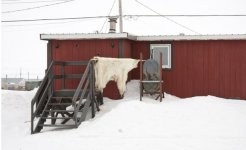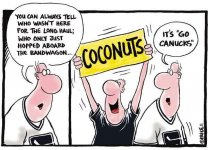From the article in question:
The first in a multi-part series focused on the home ownership trends of young urban families, the report is based on findings from a survey of 1,743 families in the Vancouver, Calgary, Toronto and Montreal Census Metropolitan Areas, with a focus on ones where the adults are between the ages of 20 and 45.
Pretty small survey sample group considering a population of 13 odd million for the 4 census Metropolitan Areas surveyed.









